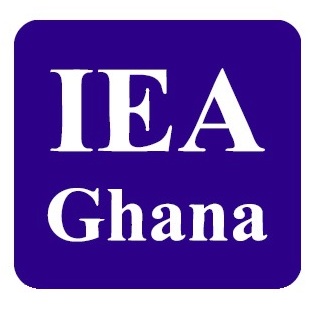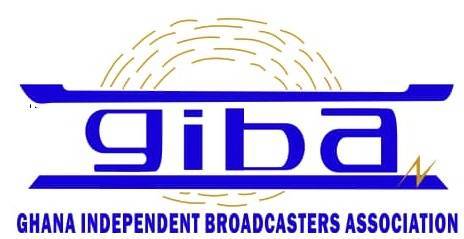- March 13, 2018
- Posted by: emblisha
- Category: Uncategorized

Today, the enormous freedoms and independence of the media guaranteed by the Constitution, under Chapter 12, have led to the growth of the media in number and substance.
However, there are concerns about how such media freedoms and independence have been or are being abused.
Chapter 12 of the 1992 Constitution of Ghana guarantees the freedom and independence of the media. This is in tandem with the guarantee of freedom of expression (including the press) provided under Article 21(1) (a).
The Constitution also provides that editors of state-owned media shall not be controlled or subjected to interference by the government or anybody; neither shall they be penalised for expressing their editorial opinions.
Furthermore, the Constitution frowns on censorship of the media and prohibits licensing for media establishment as well as operation.
Another cardinal constitutional mandate of the media provided in Article 162(5) is to uphold the responsibility and accountability of the government to the people of Ghana.
These constitutional provisions on media freedom and independence are informed by good reasoning. Indeed, the framers of the 1992 Constitution sought to redeem the media from the dark ages of the past when censorship and licensing laws stifled media freedom and growth.
IEA affirms
In fact, the Institute of Economic Affairs (IEA) has affirmed that abuse of media freedom in the country is still high, although it improved significantly over the past few years.
According to the findings of IEA’s Socio-Economic and Governance Survey, abuse of media freedom reduced by 10 percentage points from 56 per cent in 2014 to 46 per cent in 2015, but the latter is still high enough cause for concern.
“Media abuse of freedom improved compared to 2014. This notwithstanding, the regulatory authorities should strengthen their monitoring role in order to bring to book media houses which have infracted on the laws governing communication,” the survey report recommended.
Concerns & circumspection
In many instances, concerns about abuse of media freedom relate to the publication of information that are not true for the consumption of the public who mostly rely on the media for information.
The traditional role of the media is to inform, educate and entertain, with the view to equipping the public with adequate and relevant information to enable them to make good choices.
However, when the media abuse their freedoms and feed the public with information that is not true, they fail to equip the public to make informed choices; they also fail to underline the relevance of the freedoms accorded them under Chapter 12 of the 1992 Constitution.
“It is for this reason that the media has to be circumspect in whatever it says or prints,” the IEA recommends.
Participation in democratic process
The fundamental freedoms of speech, association, choice in elections and participation in political activities are essential recommends
Participation in democratic process
The fundamental freedoms of speech, association, choice in elections and participation in political activities are essential ingredients for democratic development.
According to the IEA, although citizens’ awareness of these democratic tenets is very high, the level of awareness has been reducing over the years.
It observes that awareness among urban and rural dwellers has also reduced. Whereas awareness among the former reduced by a higher percentage, from 80.6 per cent in 2014 to 72.6 per cent in 2015, that of the latter decreased by a lower percentage from 78.5 per cent in 2014 to 74.1 per cent in 2014.
These observations by the IEA imposes a greater burden on the media to create more awareness of the need for all to participate in the democratic process in order to enhance good governance and political accountability.
Election choices
One other important observation by the IEA worth considering is about election choices. On factors that influenced voters in elections, for instance, the IEA survey notes that “proposed policies, qualifications and competence of candidates, and political ideology are the three most important factors which informed the voters’ choice.”
Given these observations by the IEA, there is the need for the media to create more awareness of the tenets of democracy, as well as objective analysis of policy issues, instead of abusing their freedoms through the publication of falsehood.
Creating awareness of such issues and being circumspect in all matters will make the media more relevant in the country’s democratic dispensation.
